So it’s one month in. Can you believe that I have been living in my lil’ Spanish village for one month? I sure can’t. Time really does fly when you are living in a place where clocks might as well not exist. Might I remind you, that I am living in a pueblo that is the size of my high school. No joke. And as one can probably imagine, it hasn’t been a walk in central park adjusting to my new life. And it certainly hasn’t been a walk in El Campo. Sure, I’ve been lucky enough to do lots of traveling to beautiful, glamorous Spanish cities that you read about in the books (like Málaga, Granada, Toledo and Madrid), but that’s not my life on a day to day basis. On weekends, maybe. But not every day. As expected, I’ve gotten a plethora of questions from the states about what my life is like in the pueblo. Well, here is a list of answers. Venga.
10 Things I’ve Learned about Spanish Pueblo Livin’
1) The siesta is real. If you expect to do any shopping between the hours of 2 pm and 5 pm…don’t. When I say everything is closed, I mean everything. It looks like a real, live ghost town. Nobody in the streets, no stores with lights on, nothing. I learned that the siesta, derived from the latin meaning “sixth hour,” was originally created out of necessity during the unbearably hot summer months. It is claimed to be impossible to work under these scorching hot conditions, so people temporarily retreat home to eat and rest. If you want a quick history lesson, my mentor Maribel told me that the habits began during the times of the Spanish Civil War, when poverty was at its highest and people worked multiple jobs. The siesta was their time to see family, share a huge meal, take a nap, and then continue on with their work day. Whatever the origins may be, it is strictly observed to this day, regardless of the weather. And hey…an excuse to eat lots of food and then take a guilt-free nap? I’m in.
2) You go “ham” for ham. Or jamón I should say. If you don’t, you might as well consider yourself socially exiled from the village. Jamón is one of the primary foods of the Spanish diet. However, here it is more than that. It is a religion. And lucky for me, my region of Extremadura is said to have the best jamón in all of Spain. One point for us! Now, this isn’t ham that we think of in the US. It tastes and looks more like Italian prosciutto, with a dark richness in color and buttery, smoky taste. Mmmmm. No wonder the kids go cray’ for it. When I am teaching a class and can’t get the kids to relate to what I am saying, I put things in terms of jamón. Or fútbol. Works like a charm every time. And I don’t blame them…
3) Sheep are more judgmental than New Yorkers. Truth. I’ve started going on runs outside of the pueblo center, and I always see tons of animals. Horses, pigs, dogs, goats…you name it. All of these lovely, furry friends mind their own business as I am trollying along, except for sheep. So serious. They always stop what they are doing, and stare. What did I do to them? Just look…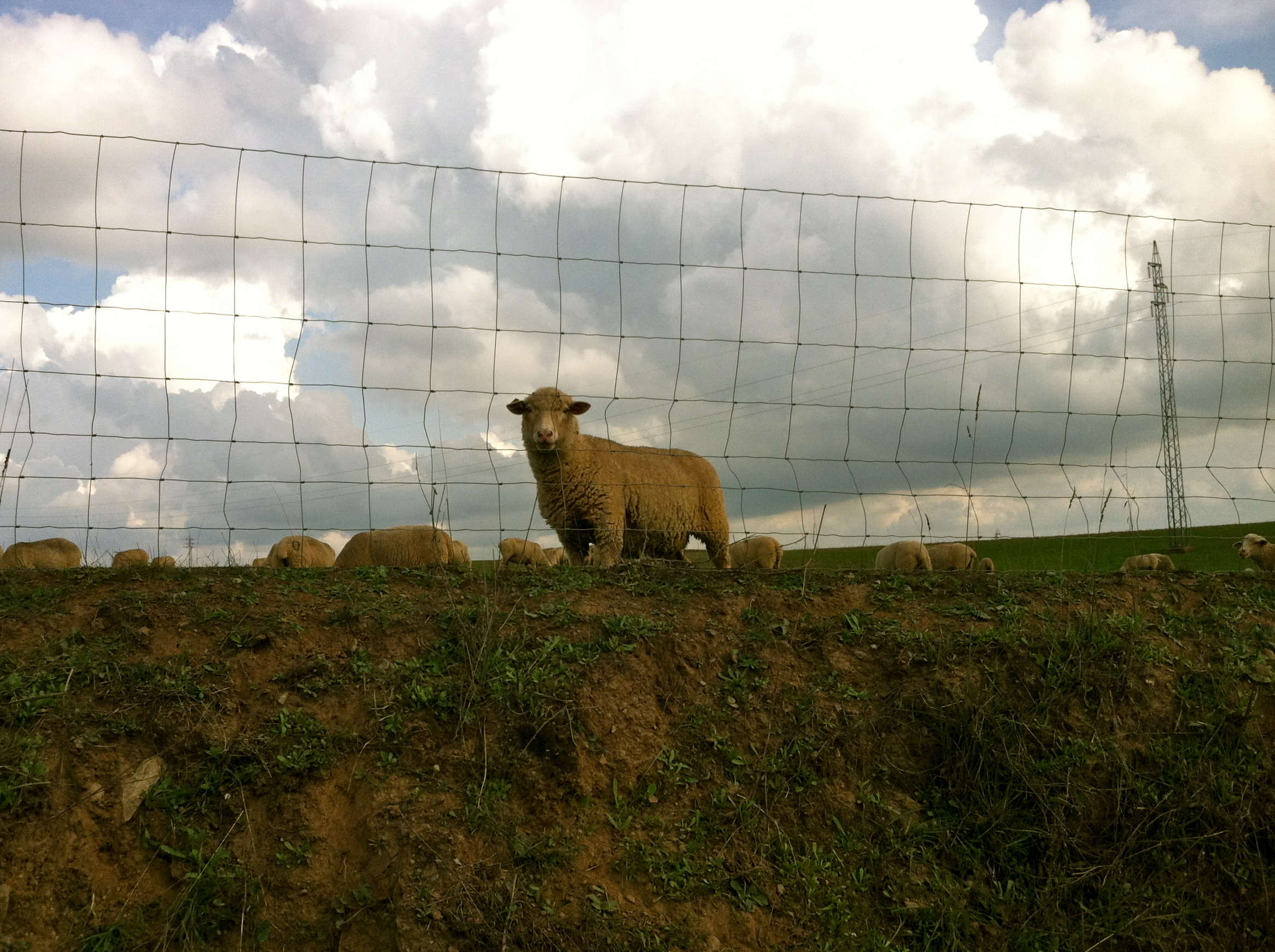
Oh, AND they make me late to school. George Washington Bridge traffic ain’t got nothin on these sheep. Casie 0, Sheep 1.
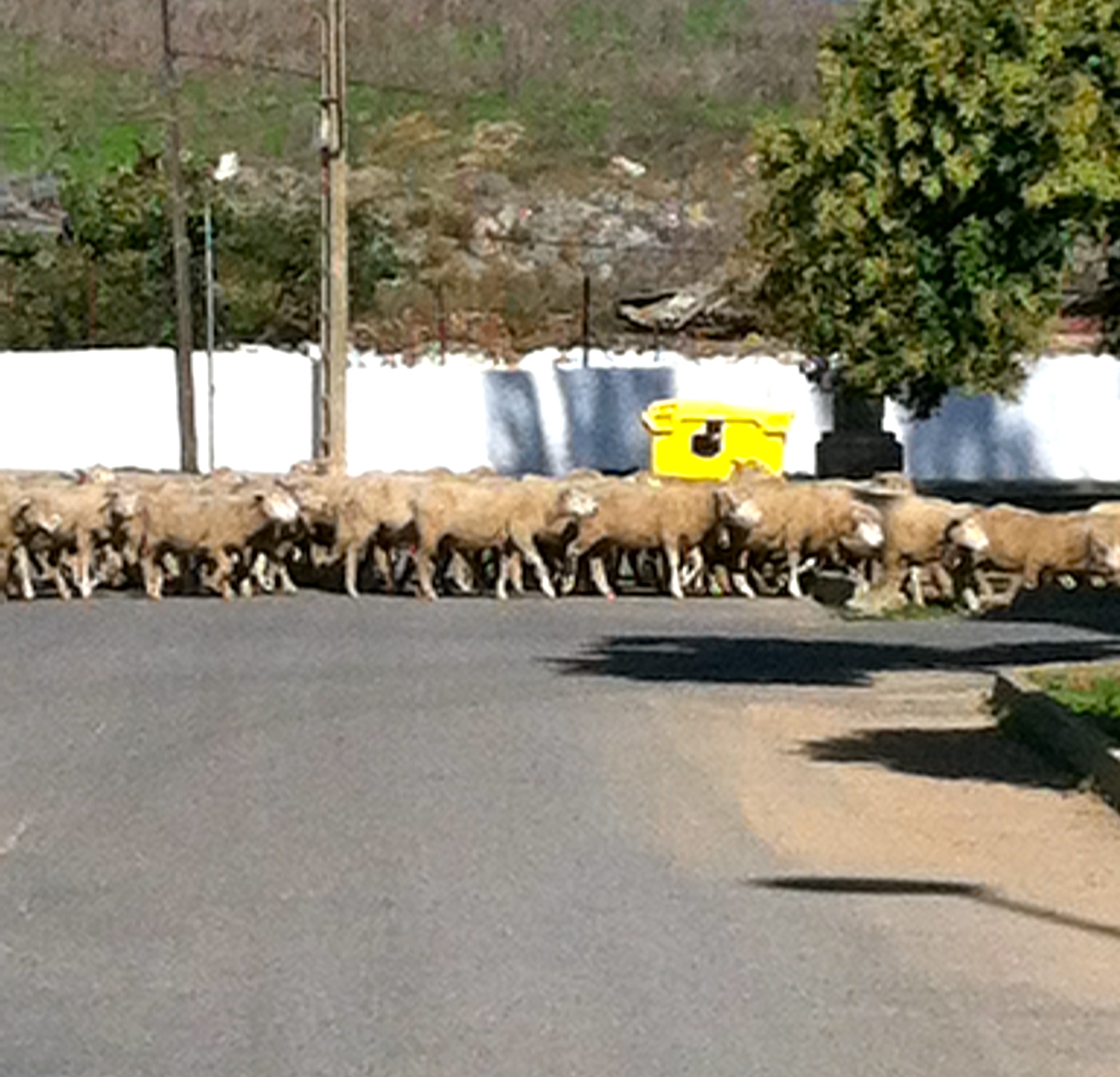
4) El Campo. It’s the cool thing to do, and only a three minute walk from casa. I mentioned it earlier, but now I will explain. El campo means “the field.” It’s where pretty much everything goes down. It’s where families retreat to have family time in the open grass. It’s where kids go to play tag…and ride horses. And, my person fave, where us older folk botellon. Huge pregame’s are held in El Campo where youth loiter, barbecue, and drink lots of [insert alcohol of choice here]. For those of you who attended American universities, it’s like a huge tailgate outside the football stadium. Without the football stadium. Or to all my Penn Stater’s, a daylong. Minus beer funneling and the English.
5) People get really confused when they realize you don’t speak Spanish. And they look at you really weird. I often question as I am walking down the street if I have food on my face, or have spontaneously grown a second head. Especially los viejos, or the old people. Most of them have never talked to a native English speaker before, let alone lived in the same village as one. After all, I am only the 6th native English speaker to live in the village, ever. In the grocery store, people often talk to me in motion sign language, or like I have some learning disability. I must admit, coming from America where we often treat people that don’t speak English in this way, it is quite interesting to be on the other side.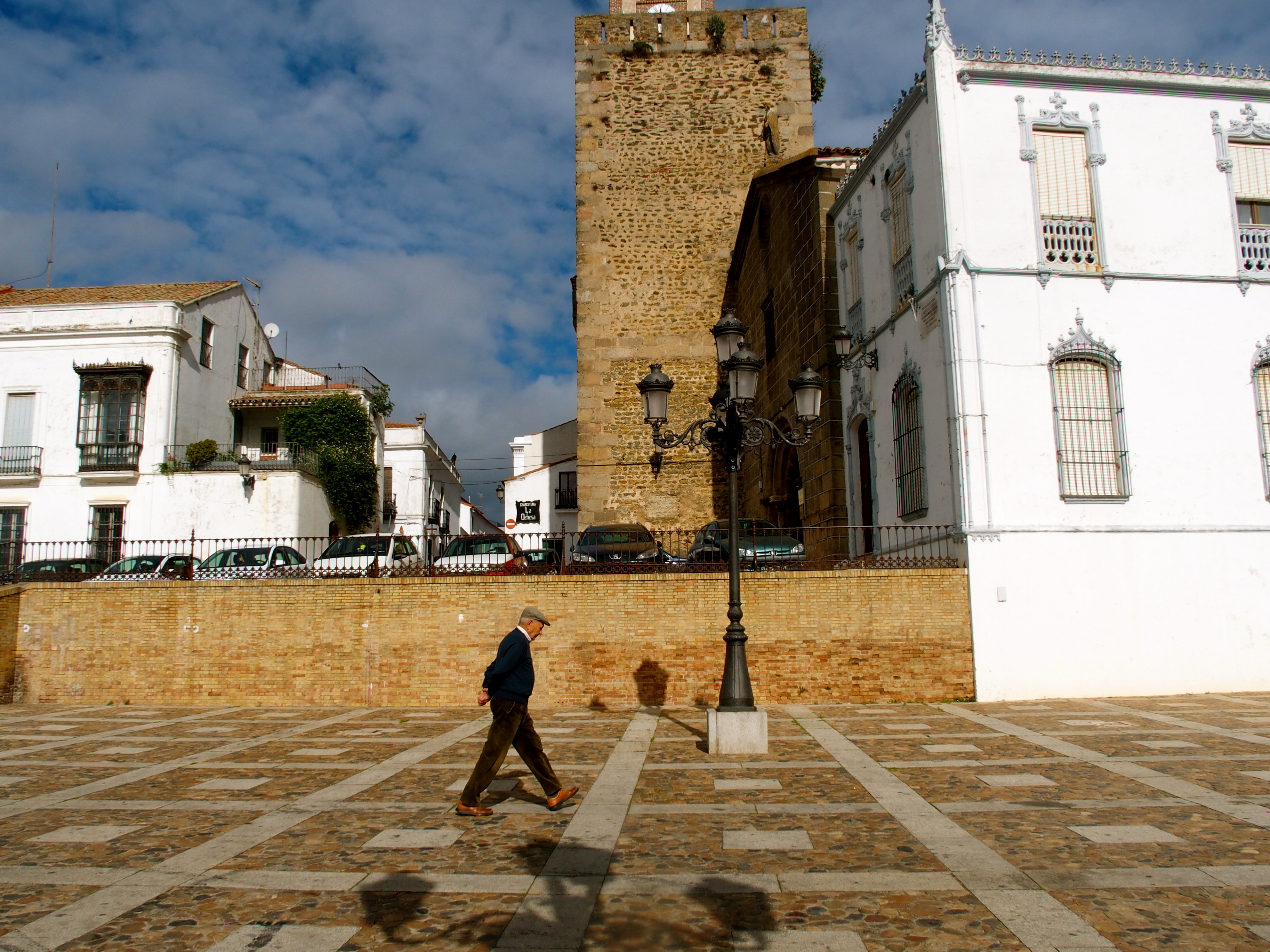
6) There are strict scheduled eating times. And coffee times. This was a BIG problem for me. If you are eating at an abnormal time, you are abnormal. ESPECIALLY COFFEE. Here’s the sched:
8 am: Desayuno before work. You drink a cup of joe and maybe a small piece of toast if your feeling ambitious.
Noon: Desayuno round two. This time, you drink a cup of coffee with your co-workers, and a much bigger piece of toast.
2:30 pm: La hora de comer, or as I like to call it, feasting hour. This is the big siesta lunch, complete (in chronological order) with a glass of wine, a large crusty baguette, two main courses, a post-main-course cheese, fruit, dessert, and of course, more coffee.
7 pm: Merienda. More coffee and maybe a cookie.
10 pm: Cena. A smaller dinner, with whatever is around the house.
NOTE: You do NOT drink coffee during or before a meal. Or at night, when you want some energy. BIG NO. I made this mistake twice, and I felt like I was getting judged by the sheep all over again. One time, I went out to dinner and ordered coffee with my meal, because I knew I was going out afterwards and would want the energy. My waiter refused to bring it to me until after dinner. The next time, I was out to breakfast (during lunch time) and was in serious need of a coffee. So I ordered a coffee. First. Before my meal. The waiter proceeded to make some joke in Spanish under his breath, of which I did not understand but my Spanish friends did. Everyone on my half of the restaurant laughed. Oops?
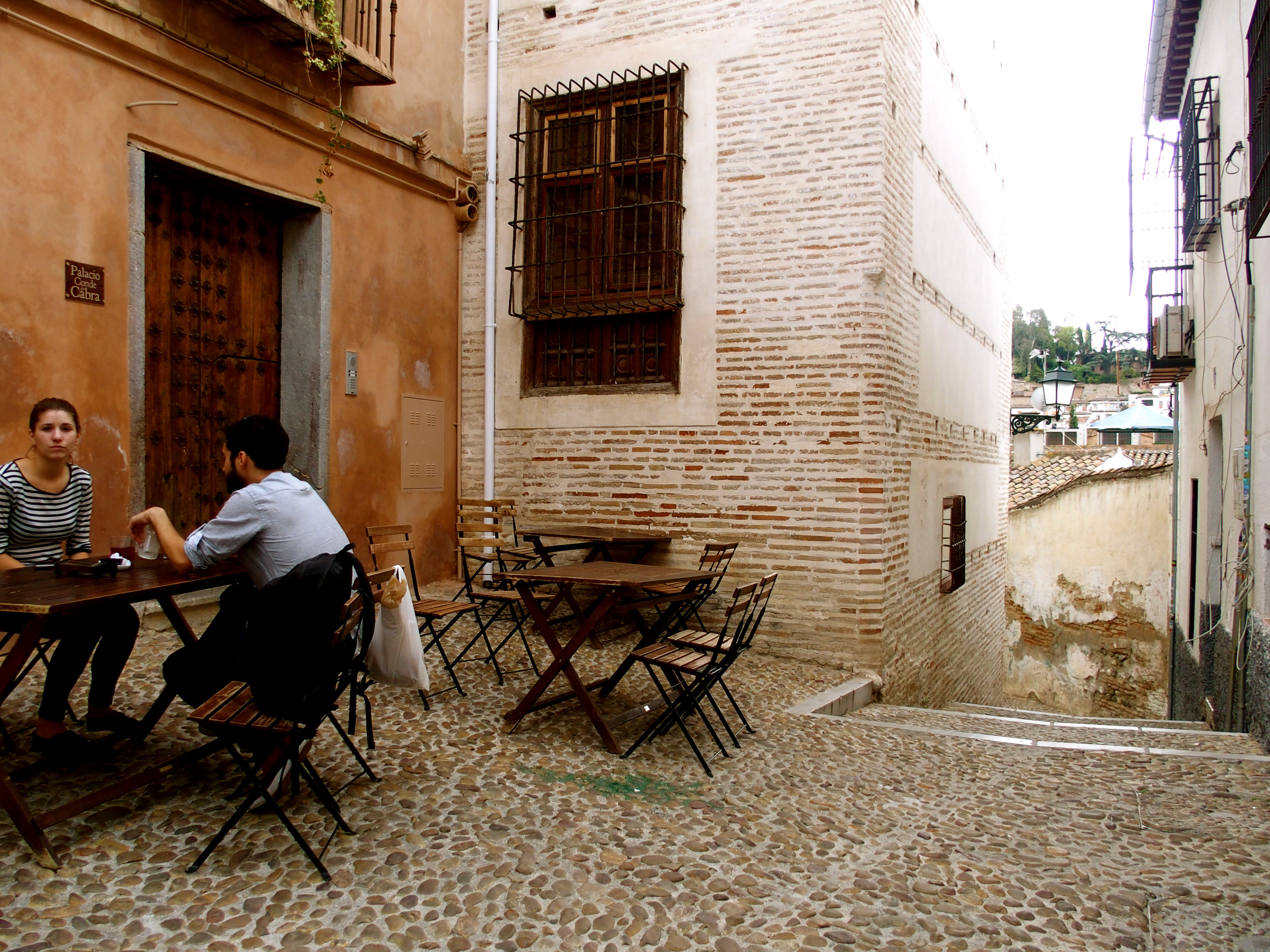
7) Castles are normal. The town castle is the hangout spot. On Halloween, they even turned it into a haunted house. I think it says something that I didn’t make it out of there with any pictures to show…
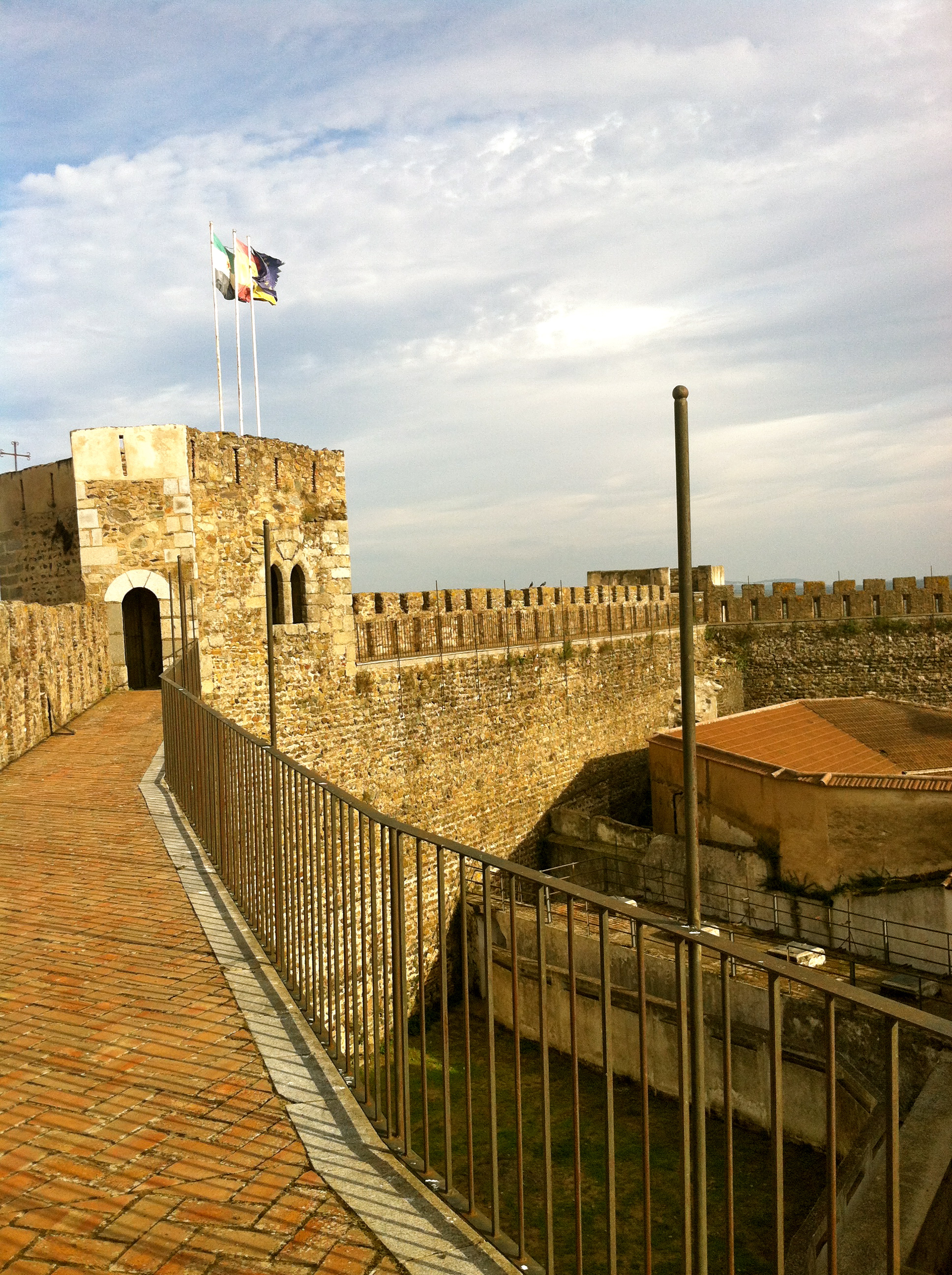
8) There is no such thing as age rules. Don’t be surprised when you see your 9-year-old students running around town at 1 in the morning. Of course, no parents to be seen. Also, don’t be surprised when you see your 16-year-old neighbor out at the same bar as you. Or, you find yourself dancing next to the parents of your students on the local bar dance floor. Shi** can reaaaal weird, real fast. Ten cuidado.
9) Everyone in the village knows where you sleep. As creepy as it sounds, it is. I went to the bank to open up my Spanish bank account, and before I even opened my mouth the banker at the Santander says (in Spanish, of course) “Ohh, you are the new Americana in the apartment of Tino! You live above the farmacía.” She then proceeded to fill out my paper work FOR ME. No questions asked. I better not do anything embarrassing these next 8 months…
10) When the children love you, the village loves you. It’s a wonderful thing, really. As foreign as I feel, is as at home as I feel. It’s like I have 5,000 family members. All of which, if I’ve never seen them in my life, pass me and say “Heeello Cay-sie!!” in an adorable-y deep effort to enunciate my phonetically impossible name correctly.
In summation, life is pretty awesome here. I have been adopted by two wonderful families, who love to invite me over to hang out with their kids, and of course, feed me. I have even formed a group of awesome Spanish friends, who are “super guay” (shout out to Angel!) Sure, it’s taking some time to slow down from my metro New York cosmopolitan pace. I am still in the process of learning how to truly live the tranquila and no pasa nada way of life, where I can “relax” and “not worry about a thing.” But I am learning, slowly but surely. After all, there is no rush.
#youngwildwanderingandhungry
Do you have more questions about life in a pueblo? Do you have experiences to share of your own?! Tell us down below!

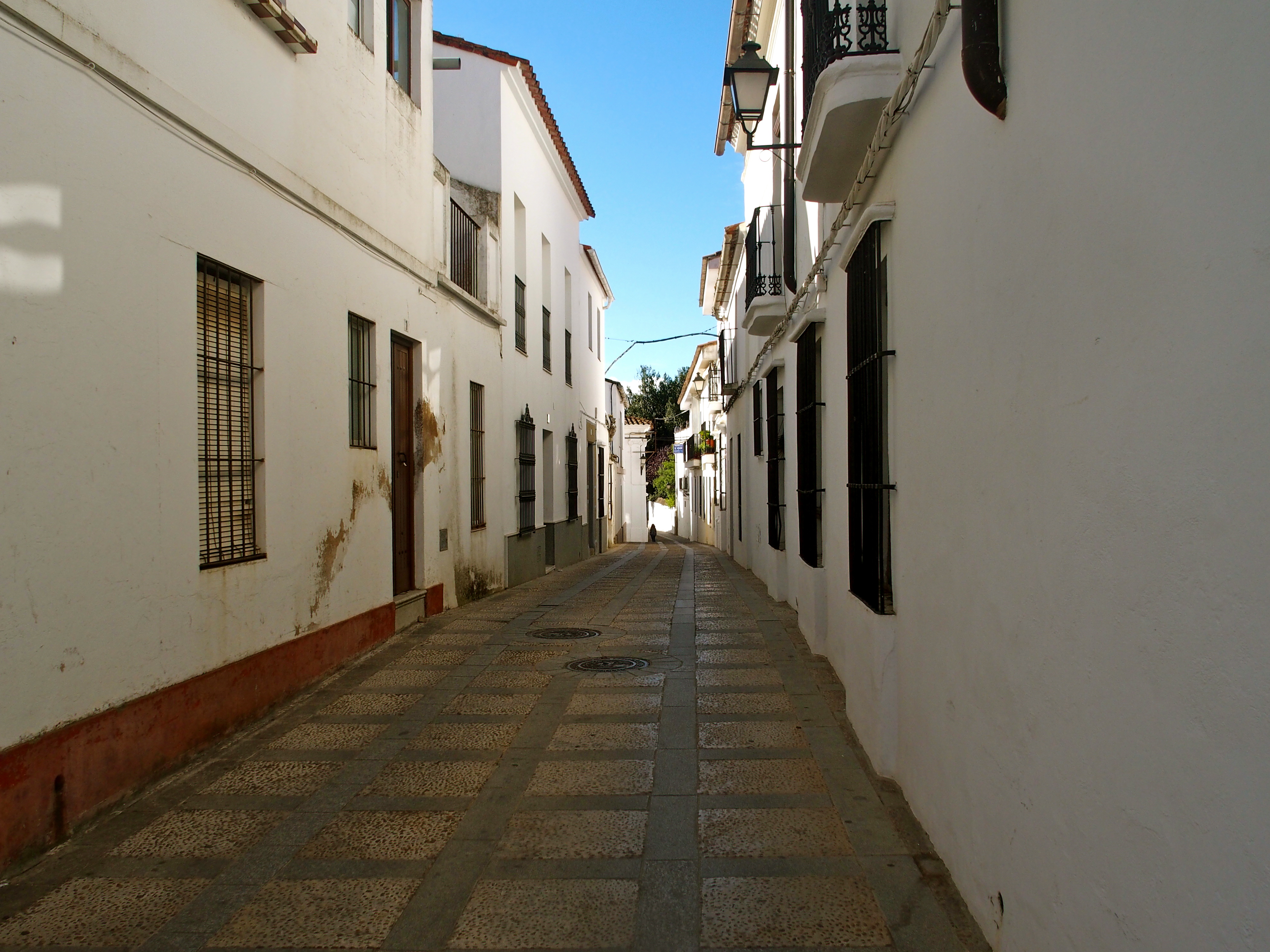
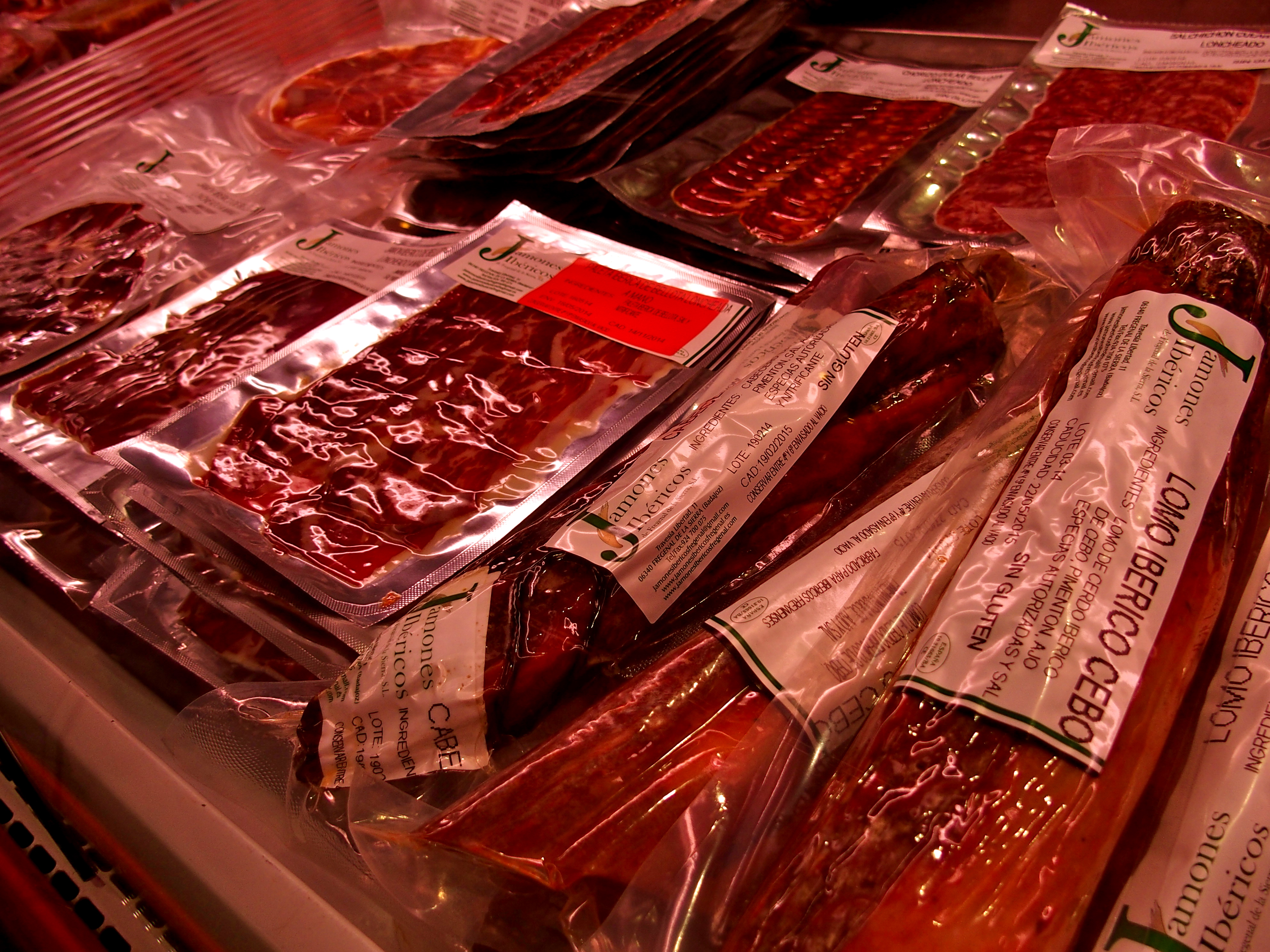

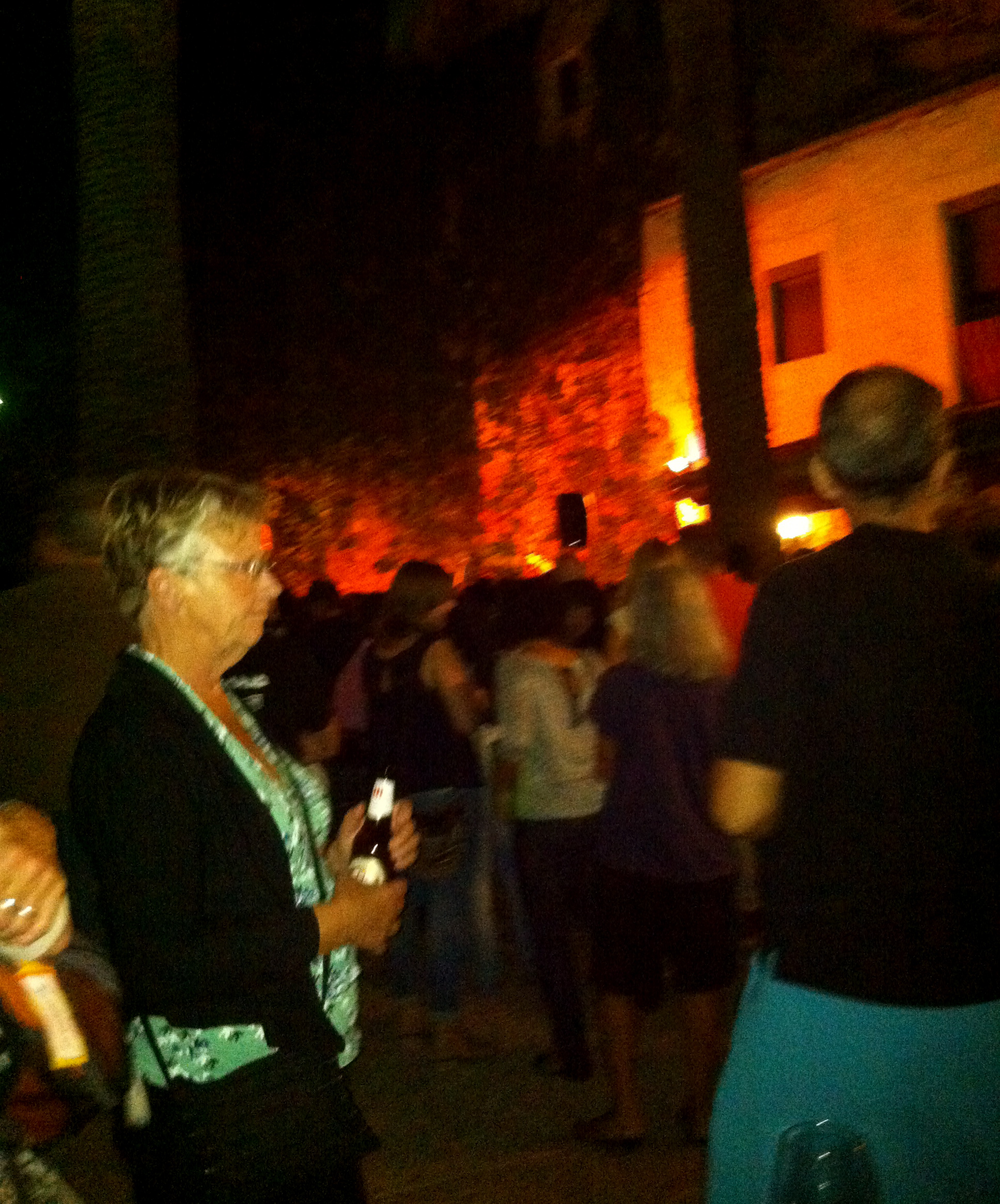
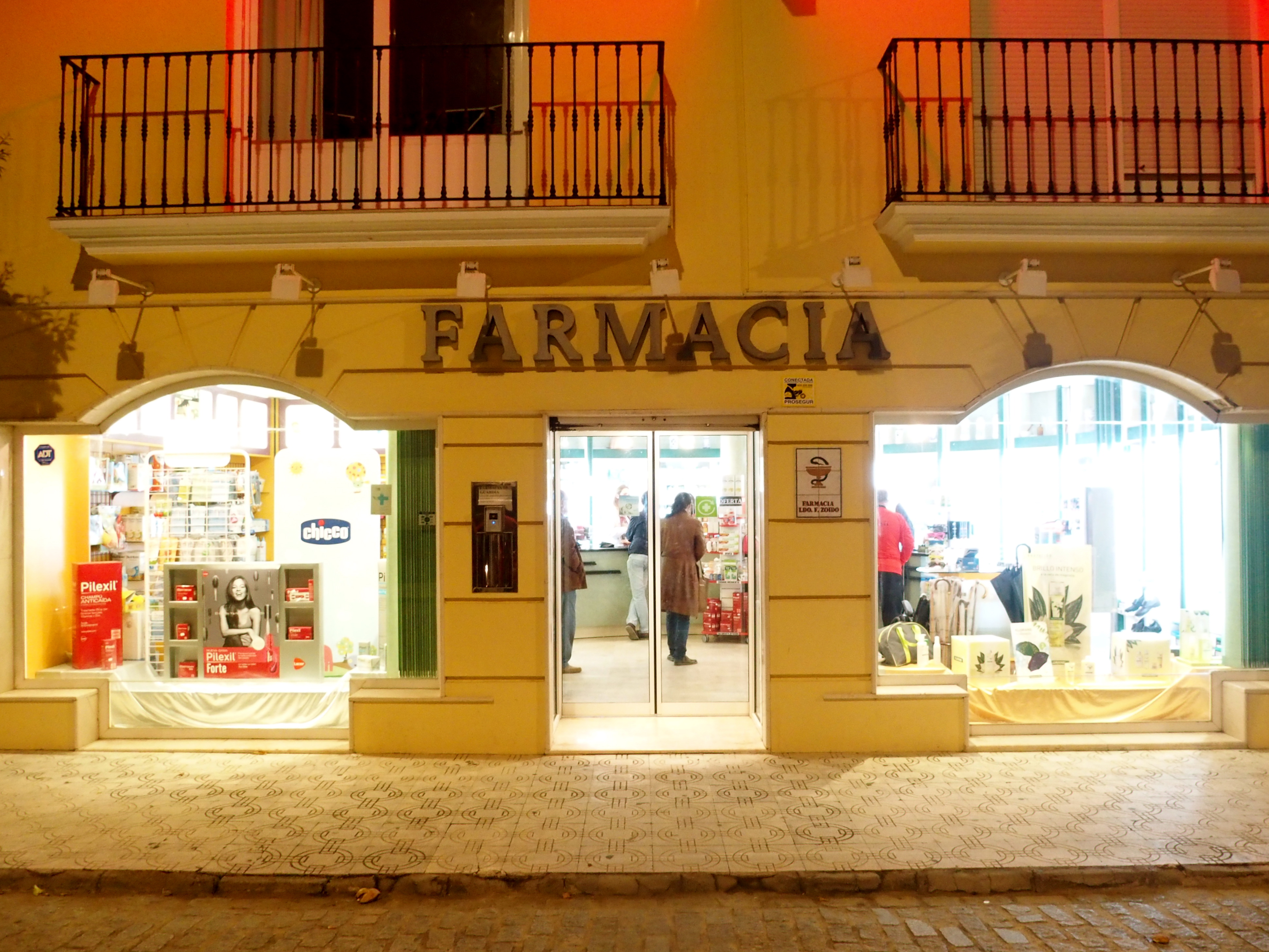
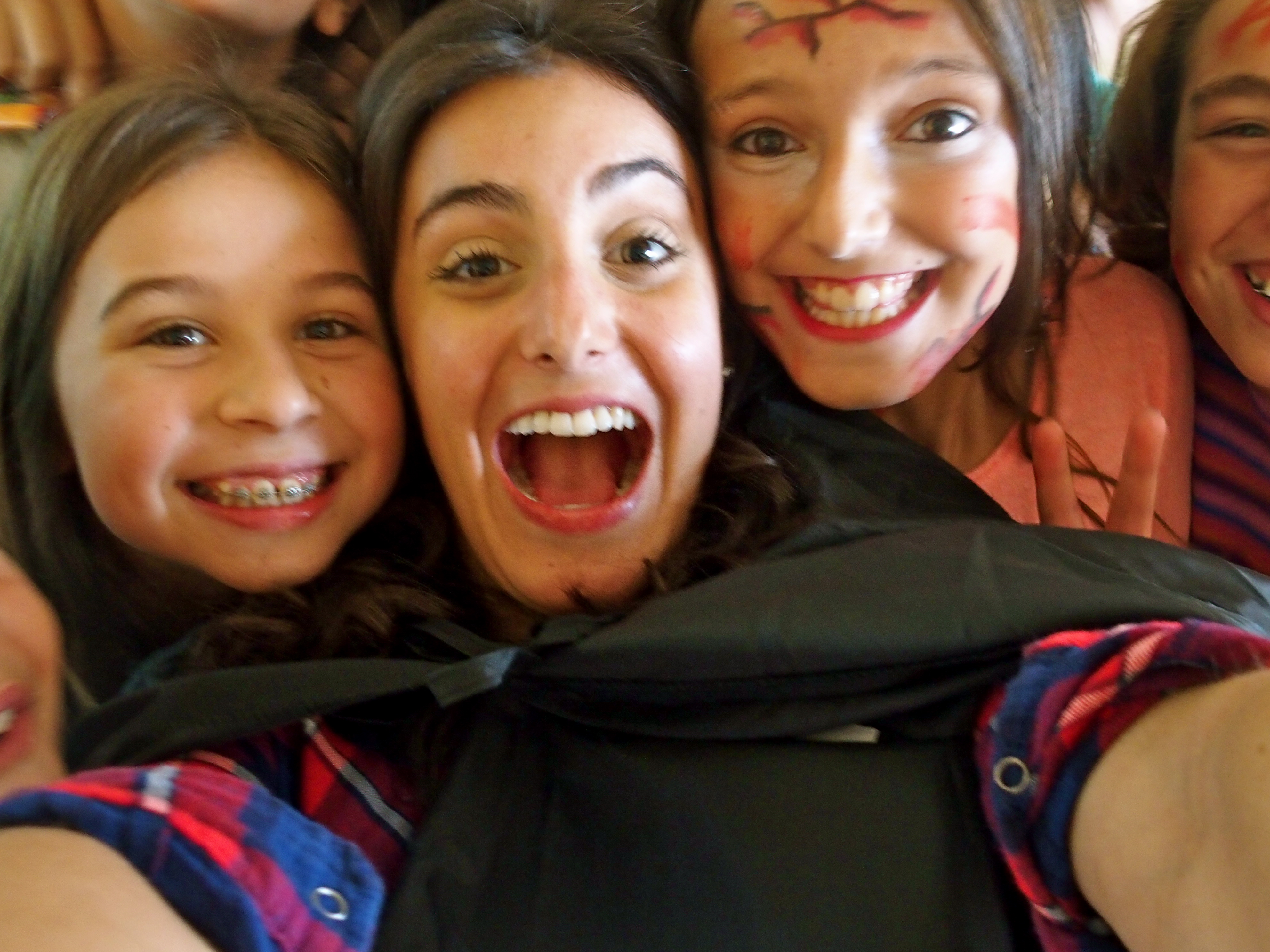
I love your article! Sounds like you are doing it right. I’ve had many similar experiences in my pueblo in extremadura (Almendralejo, almost a city, really). Don’t worry too much about the stares. Anything goes: you can assimilate if you like, you can keep doing your thing and explain it or not explain it, or you can do it one way one time and another way the next. 🙂
I loved reading about life in a Spanish pueblo! I’m currently an auxiliar in Logroño, a medium sized city in northern Spain, and liked hearing about someone else’s experience. If I do the program next year, I’d probably choose Andalucia, so there’d be a good chance of me being placed in a pueblo. Enjoy your holidays!
Thanks Mike im glad you enjoyed it! I absolutely love living in my pueblo, its such a life changing/ once in a lifetime opportunity. So if you do get placed in a tiny pueblo next year, dont be scared! You will love it 🙂
The coffee bit is true here in France too. You will be treated as if you have a 2nd head if you order your coffee BEFORE a meal (since it’s considered as part of the dessert and therefore always taken afterwards!)
I know how you feel about the sign language thing…this was my life when I lived in Poland! I also drew pictures on the back of receipts and memorized phrases such as “I don’t understand” and “speak slower!” and “Please tell me you can understand English, French or Spanish! No…Okay. Crap.”
And nope, the Europeans (no matter what country) just don’t appreciate castles the way we non-Europeans do since they just have SO many of them! (note: I’ve been in Europe 3+ years and still find them amazing each time!)
Have fun and good luck! I lived in a Spanish village for 5 months as an English teacher too! Near Valencia. It was lovely!
I’m glad you can relate! I look forward to following your tales 🙂
We take a lot of coffee, in the morning, at the breakfast , at lunchtime , when we the take the “merienda”, at dinner. But I guess you may have noticed of this … it’s part of our way of being. For example , I, until I take my first coffee on the morning when I just wake up, I can’t consider myself a person again. I need my portion of caffeine in the morning every day. Yes spaniards we are “cafeteros”, we like the coffee very much.
Hey Casie!! I’m interested in doing something like this after I graduate! I live in Granada right now but have to go home to the states soon to finish my college degree there. What program is this through? Thanks guapa & loved the post btw!
Hi, as an Extremeno in exile I can only congratulate you for this piece of reality… It is always weird to be seen from foreign eyes but i must confess this is very very close to real. If you have time drop yourself by Caceres and its tiny villages, they are awesomely nice.
Hello Casie! I’ve just discovered your place thanks to El País, your article is in the main page today! I’ve laughed with your post, and also got goosebumps all over me with some kind words you had for us, the spanish people :).
Thanks for letting your readers know about how an authentic spanish village is and good luck in your new stage back in NYC (city that I loved by the way).
Cristina, from Wander On World.
Lovely experience! Living abroad for a while it’s one of the best things in the world and Spanish pueblos are the best places too, specially if it’s at the coast! You should try it!
Next stop for me is Madrid! After that, I’ll have to make it down to the coast 😉 thanks for the advice and reading!
Hola Casie, que tal? Acabo de leer tu artículo en El País y me ha encantado. Yo tb soy de pueblo y entiendo y comparto perfectamente lo que dices. Una verano invité a un amigo sueco a conocer mi pueblo. El primer día íbamos caminando por la calle, y claro todos me saludaban, de repente me miró muy serio y me preguntó con preocupación si pertenecía a la Mafia. Yo le respondí k obviamente no estábamos en Sicilia si no en Albox y que conocía a todos y cada uno de los vecinos del pueblo y es lógico saludarlos cuando te cruzas con ellos. Yo creo k no m creyó pero se conformó.
Enhorabuena por tu experiencia y gracias por compartirla.
Hi Casie!
It´s been really funny reading your article about Fregenal. I´m from Segura de León, 20 km from Fregenal, but I live in Malaga and I also lived a similar experience when I worked in Montaigu, a 5000 person village and it was unforgettable. Thanks to this experience, which really changed my mind, I became french teacher here in Spain, and next year I´ll work as spanish teacher in France. So I´ve felt really identified with many of the stories of your blog.
If any day you need something from Malaga, Paris or Extremadura, I´ll be happy to help you!
Good luck!
Carmen
Casye, I love your articles. I’ve read two of them. As a Spaniard I feel you nail it when you talk about life in small village. It also makes me really happy to know that you have had such a great experience among us. As a teacher of English who’s been teaching Spanish in Texas I have also been in the opposite situation. May I use parts of what you write in class? It is so funny, so real and so near my students’ life that i think they’ll find it motivating.
Thanks and take care.
Hi Moisès, you may absolutely use my articles for your class! In fact, I’d be honored. let me know how it goes with them! I’d love to know their feedback, from the perspective of little ones in the US 🙂
what a great experience
Hi Casie, nice group of posts you have put in here together. I liked some of the writing, however, some of them are truly stereotypes, mixed with some really good facts. I am from Barcelona, grew up near Madrid (Avila), and have lived in Ireland, Romania, Australia, China, and California! Don’t forget that you are talking about a small village (which is, anyhow, extended it to the rest of Spain), not so different to towns from the States (in Colorado, in Washington, in Arizona, in Utah… and I have been there). I feel that you should have traveled more around your country prior to your experience in Spain or abroad, so that you do not see USA so different to Spain – perhaps NY Greater Area where we can include New Jersey is different to the rest of the world. Normally, it is our lack of perspective, respect and experience what brings us to surprise in front of unknown situations when it should take us to the point of feeling eager to learn more before judging.
Don’t get me wrong, I have enjoyed lots of your articles and I encourage you to continue, but, please, do not write *only* for Americans from big cities in the USA. Abstract your point of view, since I do not believe that there is anyone “who don’t worry about a thing” in Spain; with all the crisis, no jobs, mortgages to pay…
Hey, el jamon: Huelva and Salamanca, try them before you dare to say that the one from Extremadura is the best 😀 And never, ever, compare any of them to Prosciutto, jajaja. (Yes, I do not type ‘hahaha’, since it would sound a long ‘aaaaahhh’).
Keep up the good work! And learn about the cultural differences within Spain as well.
J
Muy divertidos e interesantes tus comentarios. Se ve que eres una muchacha muy lista, aunque seas de Nueva York, Me está encantando todo lo que estoy leyendo, Por cierto, el enlace me lo ha enviado una amiga que es de Fregenal y que vive en Cádiz, Yo vivo en Huelva. Besos (ya sabes que también somos bastante besucones, los de pueblo y los de capital.).
I have, for a long time, like your blog and experiences while living in Spain. However I have to say It was a very unpleasent surprise to see you have changed the date of this blog post to, probably, make it more recent on google searchs. You may get new visitors, but you may lost faithfull ones. Up to you to consider what you prefer,
Hey Alvaro,
I’m so sorry to hear you feel that way. If you must know the full story- I wanted to move the post to the front of my page without changing the date. Unfortunately, I downloaded a WP application to make that happen and many of my post dates got all screwy (technical problems, EEK!) It certainly was not my intention to be dishonest. I hope you stay with us, I value you as a loyal follower! And so does the AWC community 🙂
Please continue sharing your honest thoughts and opinions, hearing them is very important to me!
Happy wandering,
AWC
Hola ! Me llamo jesus Pelaez. He leído tu fabuloso artículo sobre España y en especial que tenemos alma de pueblo. Mi empresa olmeda orígenes que distribuye productos españoles en más de 40 países hablamos siempre que tenemos alma de pueblo. Me encantaría poder contactar contigo y intercambiar algunas ideas. Saludos cordiales
Hola Jesus! Claro, cuando quieres mandame un correo y nos hablamos (awanderingcasiedilla@gmail.com) 🙂
“people often talk to me in motion sign language, or like I have some learning disability”
That’s exacly how we Spaniards feel in an English country… but the big difference is that “we try to understand and help” we’re lovely people in general, and you have find the way to understand our way of life… good for you! Hope you’re well and loving the life as you should and learn. Lots of love from another crazy spaniard.